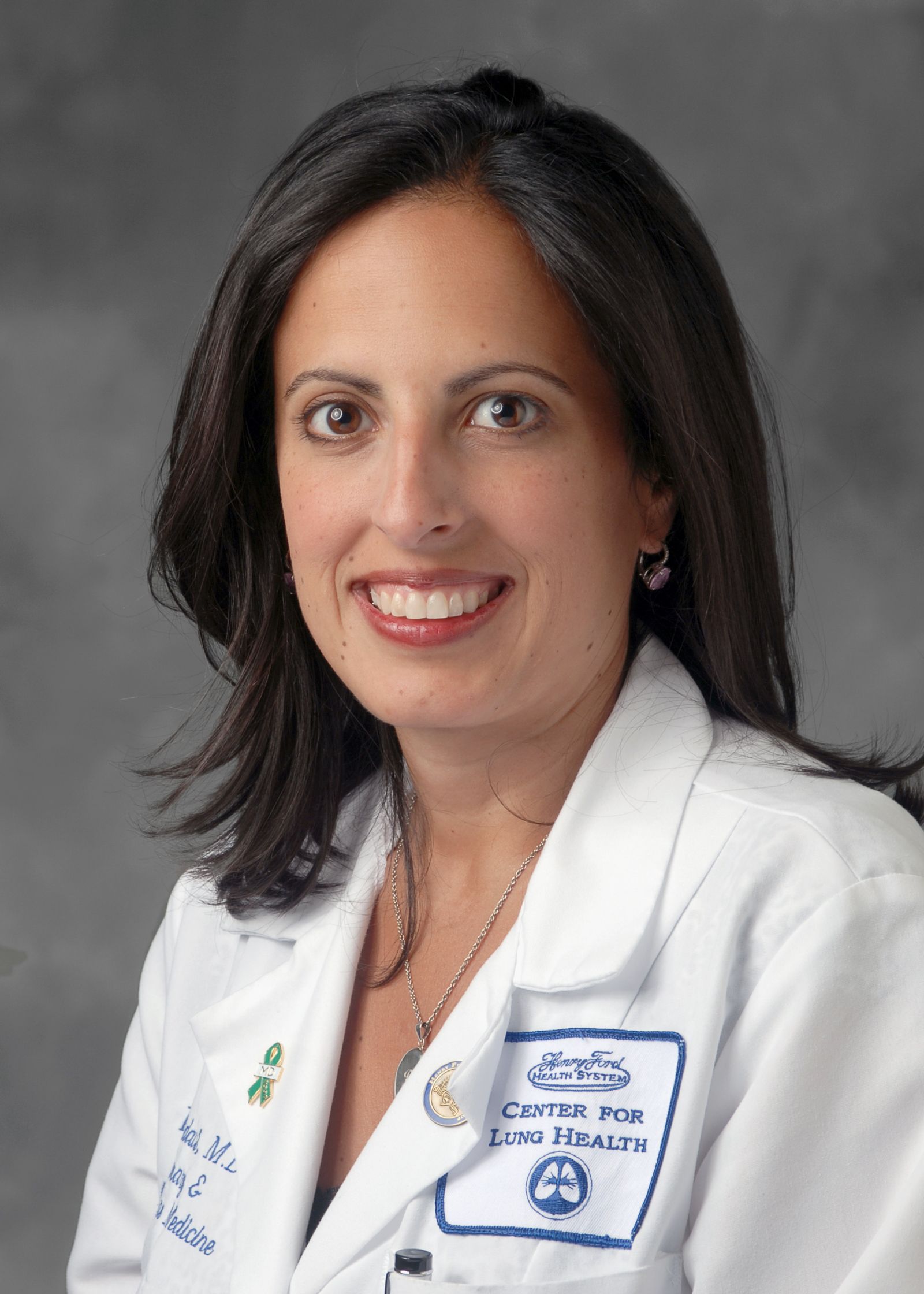The Patient Empathy Problem Physicians Must Face
One physician nearly died from a ruptured tumor in her liver. From this life threatening experience, she learned the importance of empathy in medicine.
Welcome to the latest edition of the Physicians Practice Pearls Podcast. In this podcast, we'll bring you some of the most interesting and influential guests in healthcare. If you have any ideas for podcast guests or topics, email us at editor@physicianspractice.com.
In 2008, Rana Awdish, an internal medicine physician with a specialty in pulmonary disease, bled out into her abdomen when a tumor ruptured in her liver. She was effectively dead at one point.
She experienced kidney and liver failure and at seven months pregnant, lost the baby she was carrying. It took five surgeries and incredible care to save Awdish’s life.
From that experience, Awdish, the medical director for care experience at Henry Ford Health System in Novi, Mich., learned something about herself and doctors in general.
"What physicians are less adept with is tending to emotions and understanding what it's like for patients when they are ill, how it affects their identity, sense of self, and their sense of how they are going to get back to their life," Awdish said on the most recent edition of the Physicians Practice Pearls podcast.
Awdish, who wrote about the experience in-depth in the New England Journal of Medicine, cited specific instances from physicians who were caring for her at the time of her near-death experience that really opened her eyes to this lack of empathy. Two weeks after being admitted to the hospital, she was talking to the resident

at Henry Ford who had cared for her that night.
"He said [to me], 'That was a really hard night for me.' He was talking about the night I died. I thought, am I really the person you should be saying this to? At the same time, I've had that feeling as a physician. I remember saying to patients, 'You really scared me last night,'" she says.
This led to the realization that physicians can often lack empathy for their patients without even realizing it. She sought to work on this issue. Later in the podcast, Awdish talks about the work Henry Ford Health System is doing with improvisational actors to improve these skills among her peers.
Click to play the podcast above for the complete interview.
Cognitive Biases in Healthcare
September 27th 2021Physicians Practice® spoke with Dr. Nada Elbuluk, practicing dermatologist and director of clinical impact at VisualDx, about how cognitive biases present themselves in care strategies and how the industry can begin to work to overcome these biases.